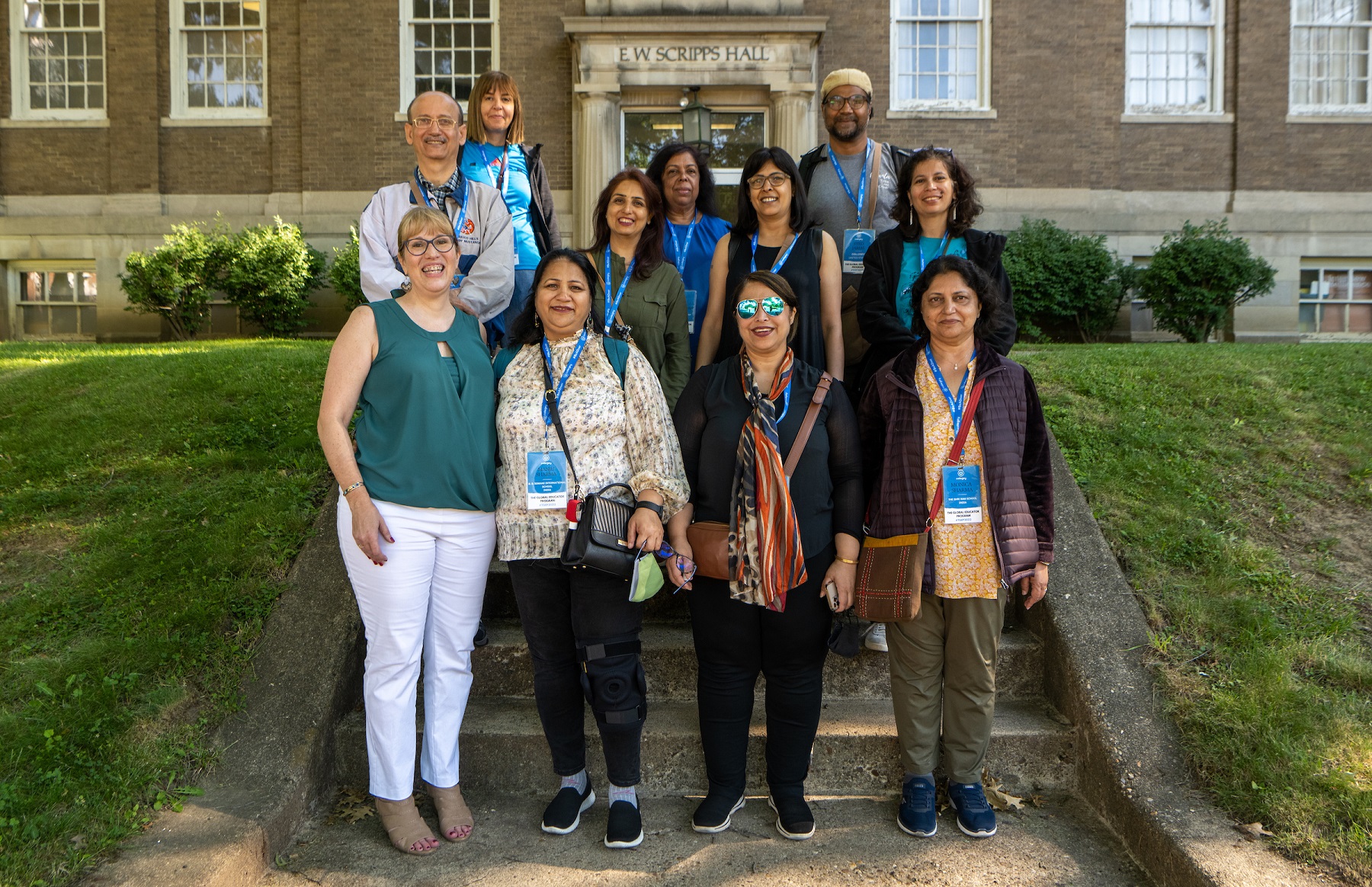Unlocking College Admission: Your Essential Guide
Navigating the intricate labyrinth of college admission can be a daunting task for students and their families. The process is often perceived as a high-stakes endeavor, rife with complexities that can induce anxiety. However, with a well-structured approach, prospective students can demystify the journey and enhance their chances of securing a place at their desired institution. This guide aims to provide essential strategies for effectively maneuvering through the college admission process.
Understanding the College Admission Process
The journey to college begins well before submitting an application. Students should engage in self-reflection to determine their academic and personal aspirations. This introspection aids in identifying suitable colleges that align with individual goals. Furthermore, researching potential institutions is crucial, as it allows students to comprehend various aspects, such as academic programs, campus culture, and financial considerations.
Admissions committees seek to understand not just a student’s academic prowess but also their character, extracurricular involvement, and unique experiences. Hence, crafting a comprehensive profile that encompasses academic achievements, community service, and leadership roles is paramount. A well-rounded application can significantly influence an institution’s decision.
Preparing for Standardized Tests
Standardized tests, such as the SAT or ACT, often serve as pivotal components of the college admission process. These assessments provide institutions with a quantifiable measure of a student’s academic capabilities. Preparation is key; students should take advantage of available resources, including test prep courses, online practice tests, and study guides. Establishing a consistent study schedule can alleviate last-minute stress and enhance performance.
Additionally, it is essential to stay informed about each college’s testing requirements. Some institutions have adopted test-optional policies, allowing students to decide whether to submit standardized test scores. Understanding the implications of this policy can help students make informed decisions regarding their applications.
Crafting an Outstanding Application
The application itself is a critical element of the college admission process. Students must pay meticulous attention to every detail, ensuring that all components reflect their best selves. The personal statement or essay is particularly significant; it serves as an opportunity for students to showcase their individuality and articulate their motivations for pursuing higher education.
When writing the essay, students should strive for authenticity. Admissions committees appreciate genuine narratives that reveal a student’s personality, experiences, and aspirations. Crafting a compelling story that resonates with the reader can set an application apart from the multitude of submissions. In addition to the personal essay, students should solicit recommendations from teachers or mentors who can provide insightful perspectives on their character and accomplishments.
Managing Extracurricular Activities
While academic performance is undeniably important, extracurricular activities also play a crucial role in the college admission process. Engaging in clubs, sports, volunteer work, or part-time jobs demonstrates a student’s commitment to personal growth and community involvement. However, students should be discerning when selecting extracurricular activities; depth of involvement often outweighs breadth.
Colleges appreciate students who demonstrate leadership and initiative within their chosen activities. Taking on leadership roles or spearheading projects can significantly bolster an application, highlighting a student’s ability to make meaningful contributions to their community.
Navigating Financial Considerations
Financial considerations can heavily influence the college admission journey. It is essential for students and families to understand the cost of attendance at their chosen institutions, including tuition, fees, room and board, and other expenses. The FAFSA (Free Application for Federal Student Aid) is a vital tool for determining eligibility for financial aid, including grants, scholarships, and federal loans.
In addition to federal aid, students should actively seek out scholarship opportunities, both merit-based and need-based. Many organizations offer scholarships tailored to specific demographics, interests, or academic achievements. Proactively researching and applying for these opportunities can alleviate the financial burden of college.
Preparing for Interviews
For many institutions, interviews are an integral part of the college admission process. These interactions provide an opportunity for students to further articulate their motivations, aspirations, and fit for the college. Preparation is vital; students should practice common interview questions and formulate thoughtful responses that reflect their experiences and interests.
Additionally, students should approach interviews with a positive mindset and a genuine desire to connect with the interviewer. Asking insightful questions about the college can demonstrate a student’s interest and enthusiasm, leaving a lasting impression.
In conclusion, unlocking the complexities of college admission requires a comprehensive approach that encompasses self-reflection, thorough preparation, and strategic planning. By understanding the intricacies of the process and diligently working to present their best selves, students can navigate the path to higher education with confidence. Ultimately, a well-crafted application that highlights a student’s unique attributes and aspirations can open the door to a world of opportunities in academia and beyond.




